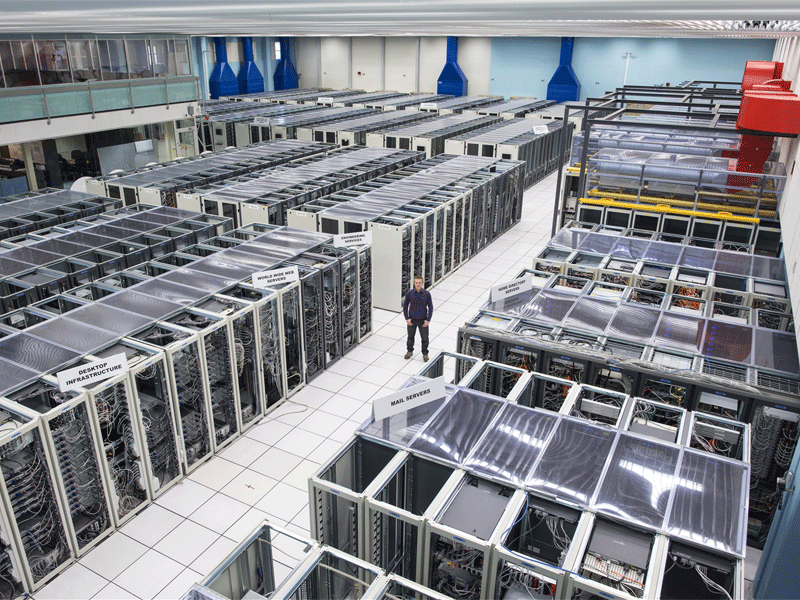During the last 20 years Microsoft has treated CERN as an academic institution, applying the special contracting conditions they have for this type of organizations. But since March of this year they have decided to stop treating them as such and start applying the licensing fees based on the number of users, which has greatly increased the costs of licenses that CERN must pay to Microsoft. They must pay more than a factor of ten, something unaffordable for them.
Anticipating this situation, the IT department created the MAlt project a year ago. A pioneering initiative that will help other public research institutions that face these same problems. This project focuses on driving the migration to Open Source technologies, committing to continue providing the same service to all CERN staff, avoiding vendor lock-in, guaranteeing data security and taking into account the most common use cases.
The first migrations are going to start this summer. The IT department and volunteers will start testing a new email service and, if it works properly, all CERN staff and collaborators will use it. At the same time, they are going to start replacing Skype for business and the analog phones with softphone technology**.
Currently, work is being done to replace many other products and services. Different solutions are now being evaluated for several software packages that are used by the central IT services every day. Over the next few years pilots will be launched to test the solutions and adopt Open Source technologies in all areas.
In their official blog they explain that they have traditionally been using commercial software . Initially they obtained special contracting conditions because they are a recognized research institute but once they had installed the solutions and they had been using them for a while, they no longer had these advantages and the same licensing schemes for the private sector were applied to them.
This is where the first obstacles begin, as the CERN community is very wide and needs a large number of licenses for all collaborators. By applying the traditional model of licensing by number of users, costs become unaffordable for CERN. Undoubtedly, Open Source technologies will help them overcome these problems and will provide the same efficiency as privative ones, with the advantage that they can be used for free and can be adapted to the specific needs.








0 Comments